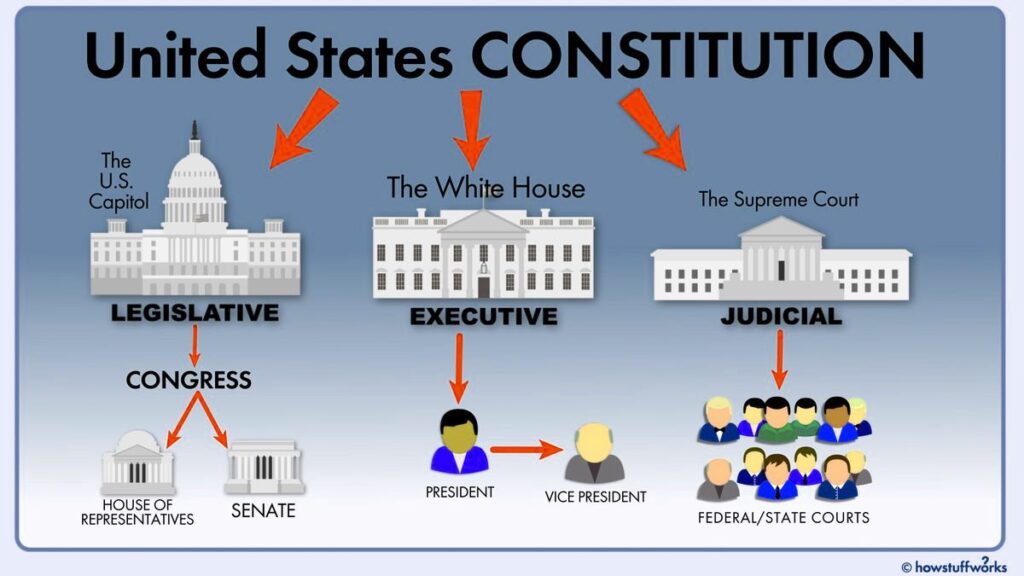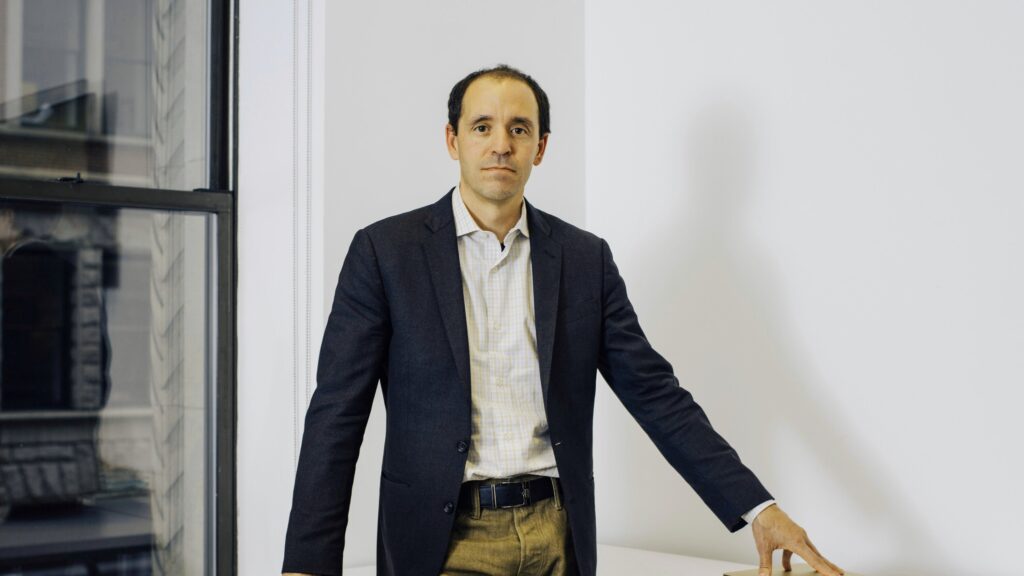TL;DR: The Former Staffer’s Critique of OpenAI’s Erotica Claims
- OpenAI has faced scrutiny over its handling of sensitive content.
- Sam Altman emphasizes that OpenAI is not the moral authority for the world.
- Influential figures, including politicians and celebrities, have weighed in on the debate.
- Academic institutions are contributing to the discourse surrounding AI ethics.
- The intersection of cryptocurrencies and AI presents new challenges and opportunities.
Introduction to OpenAI and Its Controversies
OpenAI, founded in December 2015, has emerged as a leader in artificial intelligence research and development. However, its rapid ascent has not been without controversy. The organization has faced criticism for its approach to content moderation, particularly regarding sensitive topics such as erotica. Critics argue that OpenAI’s policies may inadvertently stifle creativity and free expression, while supporters contend that they are necessary to prevent the dissemination of harmful material.
The debates surrounding OpenAI’s content policies reflect broader societal concerns about the role of technology in shaping moral standards. As AI systems become more integrated into daily life, the question of who gets to decide what is acceptable content becomes increasingly complex. This article delves into the various facets of OpenAI’s controversies, examining the perspectives of key figures, the academic landscape, and the implications of emerging technologies like cryptocurrencies.
Sam Altman’s Perspective on Moral Authority
Sam Altman, the CEO of OpenAI, has been vocal about the organization’s role in society and its limitations. He has articulated a clear stance that OpenAI does not position itself as the moral police of the world. This perspective raises important questions about the ethical responsibilities of tech companies in a rapidly evolving landscape.
The Role of OpenAI in Society
Altman argues that OpenAI’s primary mission is to ensure that artificial general intelligence (AGI) benefits all of humanity. This mission necessitates a careful balancing act between innovation and ethical considerations. OpenAI aims to foster a collaborative environment where diverse viewpoints can contribute to the development of AI technologies. However, the challenge lies in navigating the moral implications of these technologies, especially when they intersect with sensitive content.
Public Reactions to Altman’s Statement
The public response to Altman’s assertion has been mixed. Some applaud his honesty and the transparency with which he addresses the complexities of AI ethics. Others, however, express concern that such a stance could lead to a lack of accountability in the tech industry. Critics argue that without a clear moral framework, the potential for misuse of AI technologies increases, leading to harmful consequences.
Notable Figures and Their Influence
The discourse surrounding OpenAI is not limited to tech insiders; it has attracted the attention of notable figures from various sectors, including politics and entertainment. Their perspectives add depth to the ongoing debate about the ethical implications of AI.
Political Figures: Trump and Biden
Former President Donald Trump and current President Joe Biden have both commented on the implications of AI technologies. Trump’s administration focused on the need for regulation to prevent potential abuses, while Biden has emphasized the importance of ethical guidelines in AI development. Their differing approaches highlight the political dimensions of the AI debate and the need for a cohesive strategy that addresses both innovation and public safety.
Cultural Impact: Ben Affleck
Actor Ben Affleck has also weighed in on the conversation, using his platform to advocate for responsible AI usage. His involvement underscores the cultural significance of AI technologies and the responsibility of public figures to engage with these issues. Affleck’s perspective reflects a growing awareness of the ethical challenges posed by AI and the need for a collective response from society.
The Academic Landscape Surrounding OpenAI
Academic institutions are playing a crucial role in shaping the discourse around AI ethics. Research initiatives at universities are exploring the implications of AI technologies and providing valuable insights into the ethical considerations that must be addressed.
Aarhus University and Its Contributions
Aarhus University in Denmark has been at the forefront of research on AI ethics. Scholars there are examining the societal impacts of AI technologies and advocating for frameworks that prioritize ethical considerations in AI development. Their work contributes to a deeper understanding of the moral responsibilities associated with AI and the potential consequences of neglecting these issues.
Auburn University’s Research Initiatives
Similarly, Auburn University is conducting research aimed at understanding the interplay between AI and societal norms. Their initiatives focus on developing guidelines that can help organizations like OpenAI navigate the ethical complexities of AI technologies. By fostering collaboration between academia and industry, these institutions are helping to shape a more responsible approach to AI development.
Cryptocurrencies and Their Relevance to OpenAI
The rise of cryptocurrencies has introduced new dimensions to the discussion surrounding AI and ethics. As digital currencies become more prevalent, their intersection with AI technologies raises important questions about regulation, security, and moral responsibility.
Bitcoin’s Role in Modern Technology
Bitcoin, as a pioneering cryptocurrency, has significantly influenced the technological landscape. Its decentralized nature challenges traditional financial systems and raises questions about the ethical implications of such technologies. OpenAI’s engagement with cryptocurrencies could shape its approach to ethical considerations in AI, particularly in terms of transparency and accountability.
The Intersection of AI and Cryptocurrency
The convergence of AI and cryptocurrency presents both opportunities and challenges. On one hand, AI can enhance the security and efficiency of cryptocurrency transactions. On the other hand, the potential for misuse and exploitation in this space necessitates careful consideration of ethical guidelines. OpenAI’s involvement in this arena could play a pivotal role in establishing best practices for the responsible use of these technologies.
WIRED’s Coverage of OpenAI
Media coverage plays a crucial role in shaping public perception of organizations like OpenAI. Publications like WIRED have provided in-depth analysis of OpenAI’s initiatives and the controversies surrounding them.
Analysis of Recent Articles
Recent articles in WIRED have explored the ethical dilemmas faced by OpenAI, particularly in relation to content moderation. The publication has highlighted the challenges of balancing innovation with ethical responsibilities, providing a platform for diverse viewpoints on the matter. This coverage is essential for fostering informed discussions about the implications of AI technologies.
Impact on Public Perception
The portrayal of OpenAI in the media significantly influences public perception. Positive coverage can enhance the organization’s reputation, while negative narratives can lead to skepticism and distrust. As such, the responsibility of media outlets to provide balanced and accurate reporting is paramount in shaping the discourse around AI ethics.
The Debate Over Moral Policing in Technology
The question of moral policing in technology is a contentious issue that raises fundamental questions about the role of organizations like OpenAI in society. As AI technologies continue to evolve, the debate over ethical guidelines and accountability becomes increasingly relevant.
Ethical Considerations for AI Organizations
AI organizations must grapple with the ethical implications of their technologies. This includes establishing clear guidelines for content moderation and ensuring that their systems do not perpetuate harm. The challenge lies in creating a framework that balances innovation with moral responsibility, a task that requires collaboration between technologists, ethicists, and policymakers.
Public Expectations vs. Reality
Public expectations regarding the ethical use of AI often clash with the realities of technological development. While many individuals advocate for stringent ethical standards, the rapid pace of innovation can outstrip the ability of organizations to implement such measures. This disconnect highlights the need for ongoing dialogue between the public, industry leaders, and policymakers to establish realistic expectations and frameworks for ethical AI development.
Conclusion: The Future of OpenAI and Moral Responsibility
As OpenAI navigates the complexities of AI development, the organization faces a critical juncture. The interplay between innovation, ethical considerations, and public expectations will shape its future trajectory. OpenAI’s commitment to ensuring that AGI benefits all of humanity must be accompanied by a robust framework for addressing the moral implications of its technologies.
In the coming years, the organization will need to engage with diverse stakeholders, including academics, policymakers, and the public, to foster a collaborative approach to AI ethics. By prioritizing transparency, accountability, and ethical considerations, OpenAI can position itself as a leader in responsible AI development.
Final Thoughts on the Interconnectedness of Society and Technology
The dialogue surrounding OpenAI and its controversies underscores the intricate relationship between society and technology. As AI continues to evolve, understanding the ethical implications of these advancements is crucial for shaping a future that benefits all.
The Role of Innovation in Shaping Our Future
Innovation has the power to transform society, but it also carries responsibilities. Organizations like OpenAI must navigate the delicate balance between pushing technological boundaries and ensuring that their innovations align with societal values.
Understanding the Ethical Implications of Technological Advancements
As we move forward, it is essential to engage in thoughtful discussions about the ethical implications of technological advancements. By fostering collaboration between various sectors, we can work towards a future where technology serves the greater good while respecting individual rights and societal norms.

